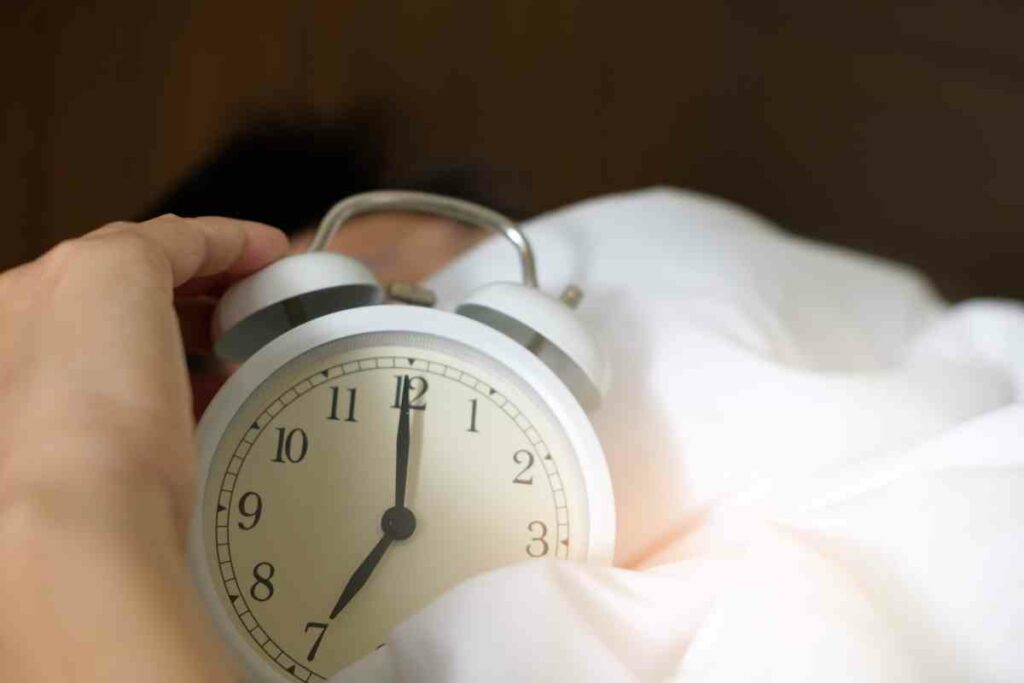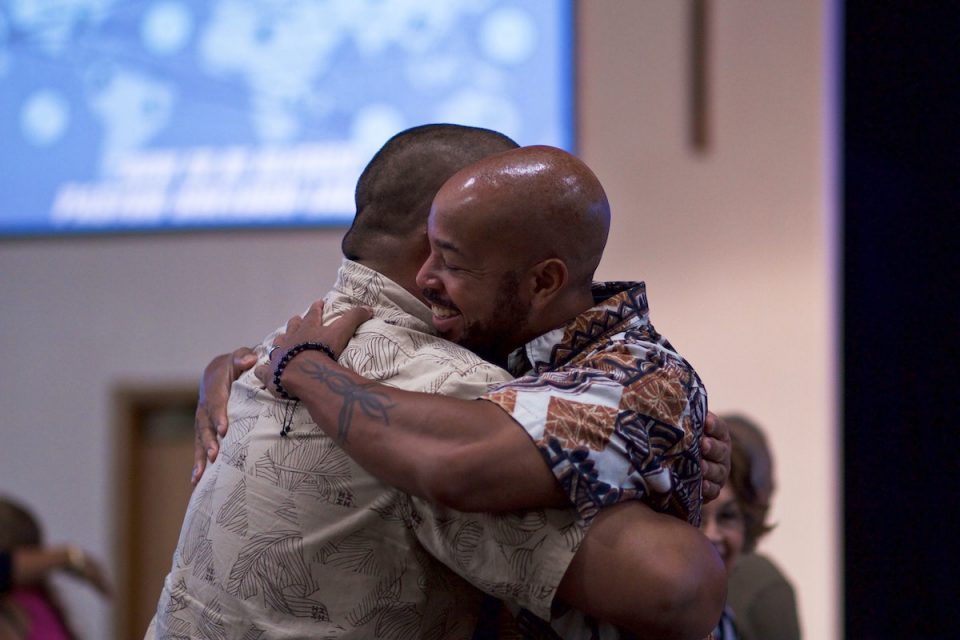This month, we’re running a series of SNAPs about emotional resilience. For those of you who don’t already know, SNAP stands for ‘Short, Novel And Practical’, providing you with quick, interesting and easy-to-implement information and tips to help optimise your wellbeing. A few weeks ago, I was invited to do a talk on emotional techniques for a group of women who were about to exit the criminal justice system. And I thought, well, these apply to everyone. We could all benefit from developing or continually working on our resilience. So, that’s what this series is going to help you with, and part one is all about the relationship between emotional resilience and sleep.
The Golden Hour
Sleep is an incredible tactic for boosting emotional resilience. We’ve produced a tonne of content on it over the years, which is still very relevant today. Now, there’s lots of information out there about things like blackout blinds and room temperature. Don’t get me wrong, all of those things can be useful. But I would argue the key to getting better sleep – whether that means quantity or quality – is much broader, and lies within the last hour before you get into bed. If that feels like too much, then the final half-hour, instead. We call this The Golden Hour. And here’s how it works…
Building a Bedtime Routine
True to the name of these videos, it’s pretty simple. The Golden Hour is all about preparing yourself for sleep. More specifically, engaging your parasympathetic nervous system to move into the ‘rest and digest’ state. This is the exact opposite of your body’s ‘fight or flight’ response, wherein the sympathetic nervous system is engaged, most commonly triggered by stress. And there are many different ways to do so, for example…
Light exposure
Back when the sun was our only source of light, our circadian rhythm – otherwise known as our body clock – was closely synchronised with sunrise and sunset. We stayed awake during the day, and slept when it was too dark to do anything else. As a result, our bodies instinctively recognise darkness as time to sleep. However, today, having artificial light available to us 24/7 can cause our circadian rhythms to become misaligned, meaning poor sleep and subsequent mental and physical health issues. Dimming the lights or making use of lamps and warm bulbs, will help to mimic a sunset, signalling the brain to start winding down.
Room temperature
Did you know, our body temperature drops when we fall asleep? In fact, it can reach up to 2 degrees lower than during the day. Much like with light exposure, we can use this knowledge to tell our brains it’s bedtime. Making sure your bedroom is cooler than you are – perhaps even a little chilly – will help to replicate this change. Alternatively, a caffeine-free hot drink like herbal tea will work in a similar way!
Reading
Going back to my earlier point about light exposure, devices and electronics can be hugely disruptive to our sleep. Not to mention how things like doom scrolling can send our minds racing! Which is why so many resources will suggest reading as part of your bedtime routine – so long as it’s not over-stimulating, or work-related. It’s a great way to exercise your imagination before drifting off into a dream. So, why not set yourself a deadline for putting those devices down, and pick up a good book instead? You’ll thank yourself for it in the morning!
Start with sleep
These are just three ideas of many – it could also be breathwork, meditation, or journaling. It’s very personal, so make it your own. When thinking about building emotional resilience, sleep is the perfect place to start. It’s when most of your bodily repairs and recovery takes place. It also lays down the foundations for other healthy practices, allowing you to maintain wellbeing as well as feel better equipped to deal with anything life throws your way. So, try and create a bedtime routine for that golden hour, and stick to it as much as you can.
Cadence
Burnout among busy professionals is reaching epidemic proportions and results in unhappiness, impaired mental health and shortened careers. Leanne’s latest book, Cadence, can help. Inside the pages of this short, easy read, you will discover how to apply the simple and effective Cadence Approach™ to your life. It’s the secret to beating burnout and performing in life and work.


